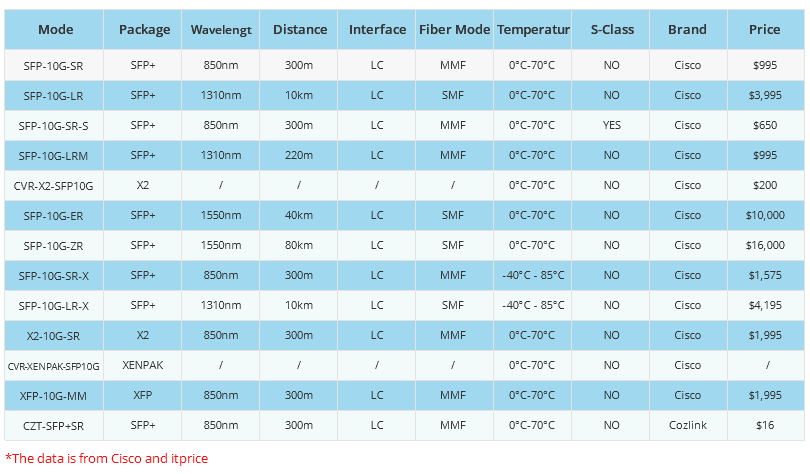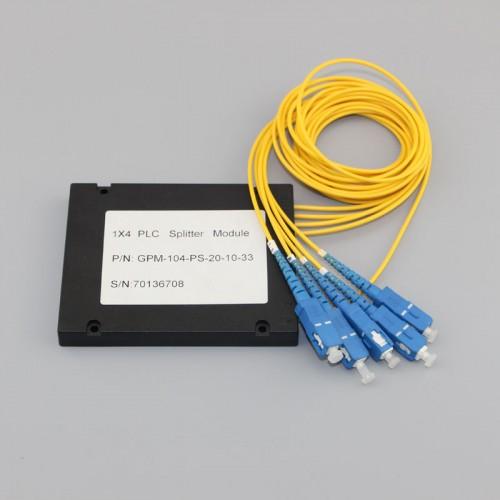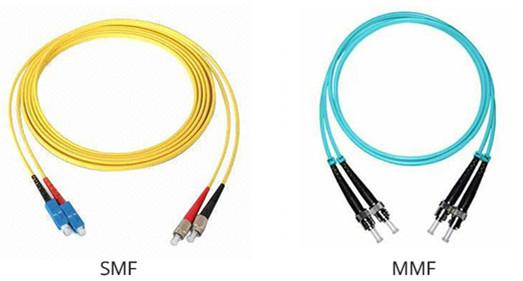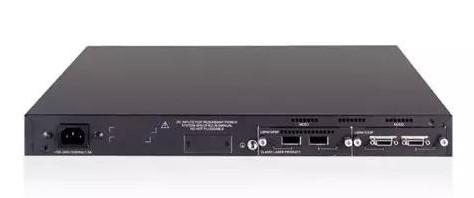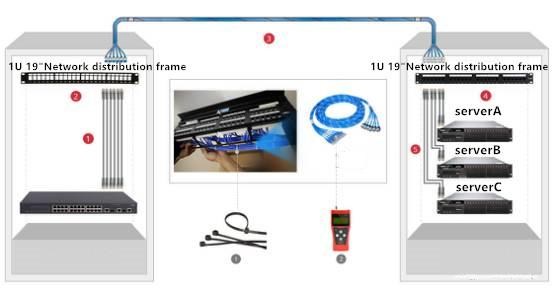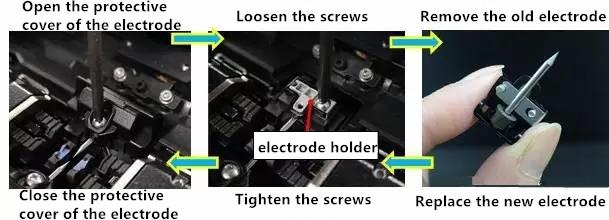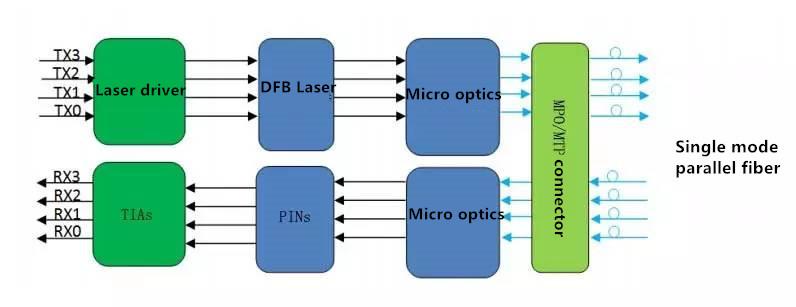- Related articles
- Optical Transceivers for Cisco WS-C3750V2-48TS-S Switch
- Optical Transceivers for Cisco N3K-C3064TQ-10GT Switch
- Optical Transceivers for Cisco WS-C3750G-48PS-E Switch
- Difference between XENPAK and SFP+
- All Cisco DWDM-XENPAK-31.90's information (List price, Specs, Datasheet PDF, Compatibility
- All Cisco GLC-GE-DR-LX's information (List price, Specs, Datasheet PDF, Compatibility matr
- The Things You Need to Know about 1000BASE-SR Ethernet Standards
- Optical Transceivers for Cisco SG300-52P-K9-UK Switch
- Optical Transceivers for Cisco SG250-26P-K9-EU Switch
- The difference between SFP+ and QSFP+

To label the cable is the necessary work to install the cabling system, we should be labeled for each cable so that troubleshooting and cabling system can save a lot of time. Cable labeling is not a complicated task, but still, need to spend some time and effort, this tutorial will introduce you to the correct way to open the cable label.

Tips on cable installation and cable labels
Before installing the cable, it is necessary to make a detailed plan for installing the cable and installing the cable, which saves the cable installation time and cost. In addition, after the cable installation is complete, we can also according to the proposed plan to understand the cable-related information.
We know that the cable label records the cable-related information, and the same cabling system label content is also different. In order to make the cable label easy to understand, the contents of the label should comply with the following principles:
The more information recorded on the label is more natural and easier to maintain, but there are basically two ways to keep the tag more information: shrink the font and increase the label area. However, the font is too small will make it difficult to identify, resulting in the difficulty of reading information; label area is too large will cause the label is too large and block each other, and the label is too large will bend, you need to dial the tag to read all the information. So the information on the label basically only records the device name and port the most basic information in order to complete the information and easy to read between the balance. To ensure that the naming and numbering system of the cable label in the same cabling system follows a certain logic; to ensure that the tag naming and numbering system can accurately reflect the real wiring system, do not mix abbreviations, numbers or other identification standards; do not use handwritten labels, Printed labels are more standardized and easy to read.
Take the tag "AB05-14: 01 \ AB05-20: 03" as an example, "AB05" refers to the cabinet where the jumper is located, and the number after the jumper indicates that the terminal connection points of the jumper are the 14th wiring panel And the third interface of the 20th wiring panel.
How to improve the efficiency of cable labeling
There is a large number of cables in the data center, so cable labeling is also a very vast project. So, how can we improve the efficiency of data center cable labeling? In general, cable labeling should meet the following requirements:

Choose high-quality cable labels and label printers. High-quality cable labels should be waterproof, wear-resistant, scratch-resistant, and still have high adhesion in low-temperature environments (as above); the results of the label before the paste is already planned, verifiable; The results and labeling of people who have little relationship, that is, regardless of whether the experience is rich, or personal habits, posted the effect is almost the same as possible to achieve the results of labeling do not need to go through the second adjustment; paste the label to be easy to view, beautiful.
Label the cable
In order to meet these requirements, labeling should be carried out in the following order:
1.Labeling must first clean the cable and hand to ensure that the ash layer and other pollutants will not affect the adhesion of the label;
2.The use of ladder stickers or sticky stickers labeled. In general, a label that records only device names and port numbers is about the distance between four parallel ports on the switch, meaning that the first tag will block the contents of the three tabs. Ladder stickers are the last three labels so down the next move, such as the ladder, such as a group of four ladders, all the contents of the label are at a glance. The skewed label is no longer vertically attached to the web but skewed an angle.
Note: Both ends of the cable should be labeled, and the label should be stuck at 2-3 cm from the end of the cable.
Conclusion
Labeling cables is important to help cable managers keep track of cabling systems. In the long run, cable labels can save significant data and machine room maintenance and management costs. Of course, the premise is that the cable label is reasonable and durable.













































